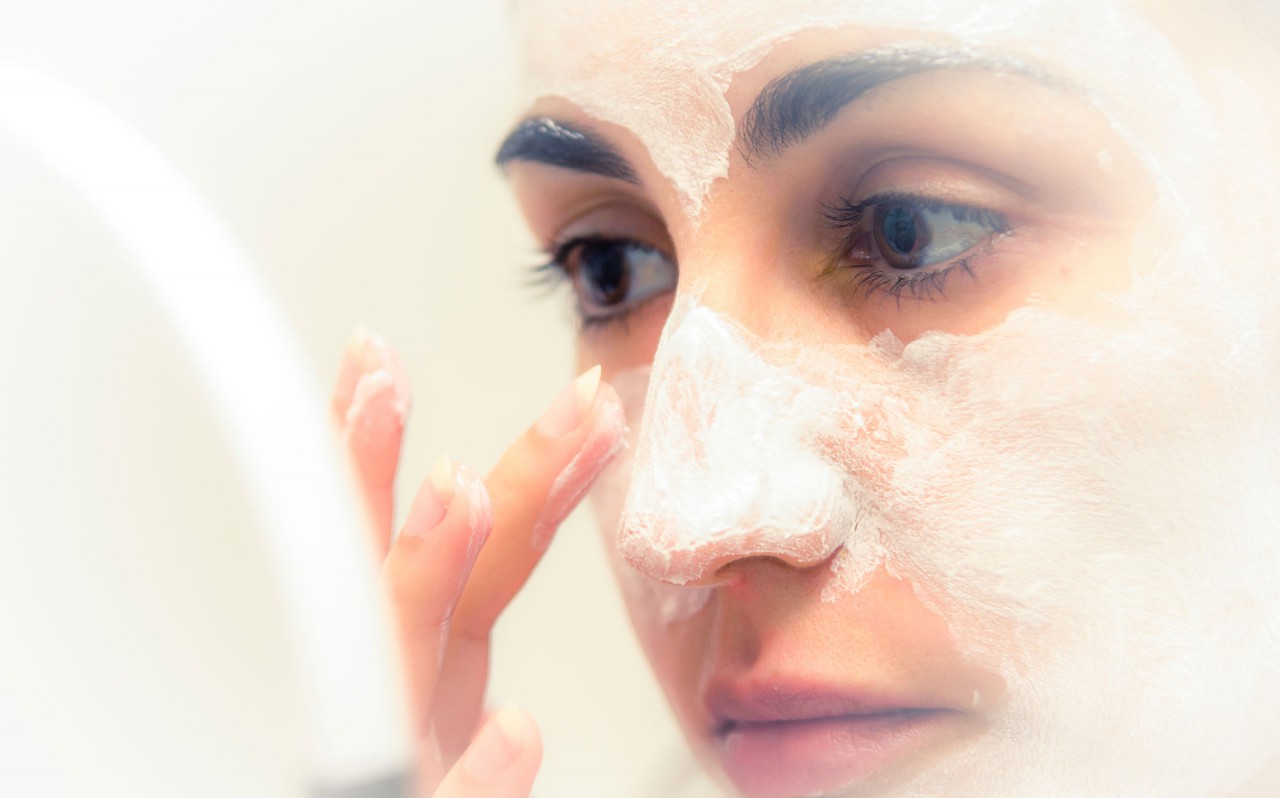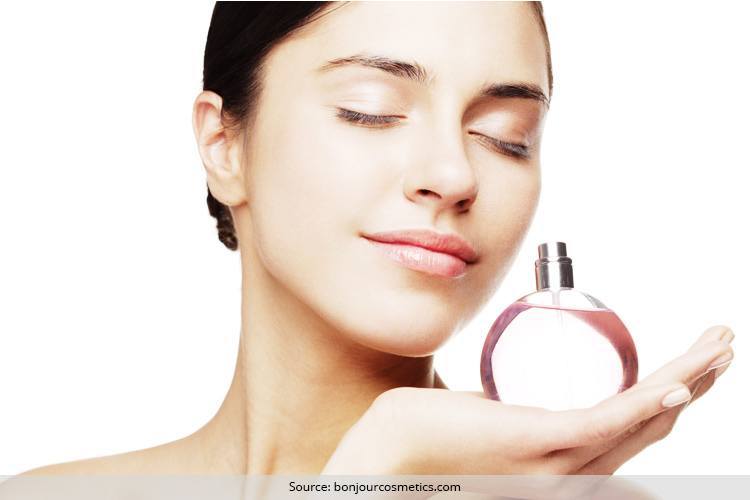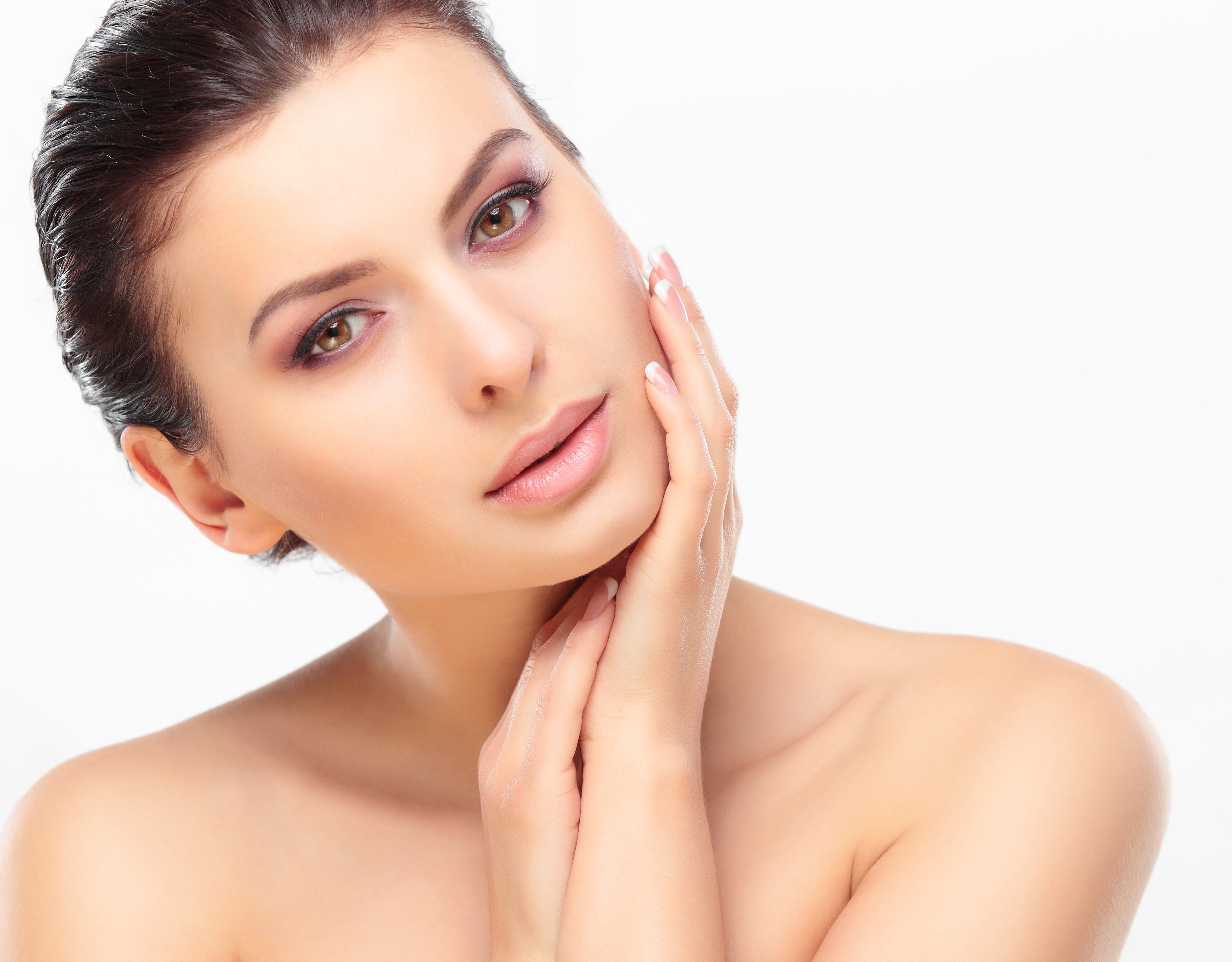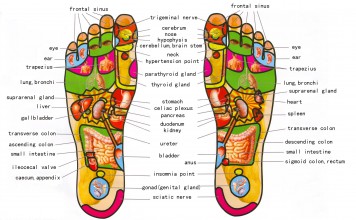Tightness, stinging, inflammation or redness on your skin, these are all signs that your skin is sensitive.
Sensitive skin may be genetic, or may even be triggered by changes in environmental or weather temperatures, food allergies and also public hygiene.
How to test for possible allergic reactions?
According to an official statement by Cetaphil Malaysia, before using a new product; be sure to test it first by applying a small patch on the inside of your elbow. Wait for 48 to 72 hours. If there are no signs of swelling, burning, itching or redness on that area, then the product is safe to use.

To avoid having skin issues, be a smart consumer and always read the ingredients listed on the labels. These are the harmful ingredients to avoid:
1. Silicone-derived emollients
Love the soft, velvety touch and matte look you get after applying a certain cream? Although you may fall for the product at first try, silicone does not biodegrade and causes clogging of the skin. Silicone-based emollients may lead to skin irritation and tumour growth.
2. Fragrance

Other than making your products smell good, scented product is actually bad for your skin as it causes inflammation and will weaken the inner layers of your skin. Luckily, there isn’t really a need for perfume in skincare, so opt for fragrance-free formulas.
3. Formaldehyde
Formaldehyde is colourless, strong-smelling and flammable. It can be found in most of our day-to-day cosmetic products such as nail polish, hair gel and anti-frizz. Disturbingly enough, this product is also used in producing building materials and various household items. In fact, formaldehyde has been identified as a human carcinogen by the International Agency for Research on Cancer.
4. Lemon

While many have boasted the benefits of lemon for skin whitening, lemon is highly acidic with a pH of 2. Not to mention, citrus oils are potentially phototoxic; when exposed to sunlight, your skin might develop burns and blisters.
It is important to seek the advice of a qualified healthcare professional regarding our health. If you think you have a medical emergency, contact your doctor immediately or seek professional advice from medical experts.









